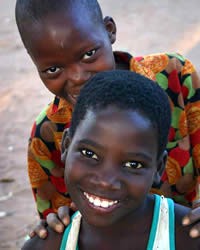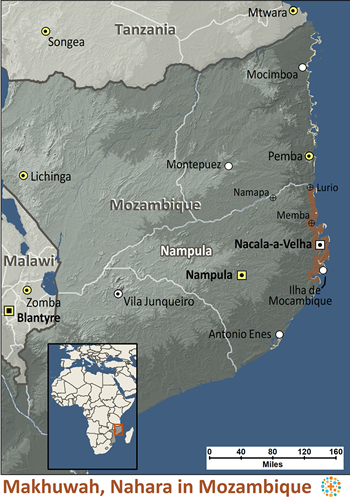The Makhuwa are also known as “Nahara” which translates as “fisher” and reflects the occupation of this distinct people group.
They live in rural communities on the coast of northern Mozambique and fishing is their main vocation. They prefer a simple lifestyle and do not mind being dependent on others who are more educated and can solve their problems for them.
They are Muslims, but they retain many of their pre-Islamic beliefs from centuries ago.
The Makhuwa tend towards extremely conservative and suspicious attitudes. They tend to keep to themselves and rarely form friendships with outsiders or other ethnic groups. Although they have an animistic worldview including ancestor worship and divination, the Makhuwa root themselves deeply in Islamic tradition; however, many remain unfamiliar with the details of Islamic doctrine.
Pray for the Lord to give divine dreams to their family and community leaders; dreams that will lead them to the cross.
Ask the Holy Spirit to divinely inspire the handful of Makhuwa churches to find a way to reach the hearts of their people.
Pray for the availability of good schools for the children, and that parents would send them to school.
Ask God to equip teachers and pastors to be available to instruct new believers in the ways of the Lord, to lead them to spiritual maturity and fruitfulness.
Scripture Prayers for the Makhuwa-Nahara in Mozambique.
| Profile Source: Joshua Project |

























